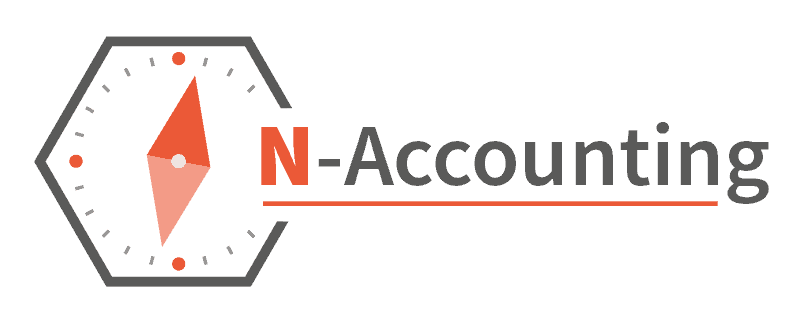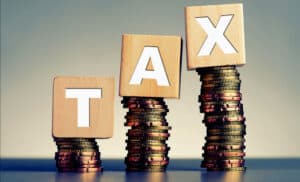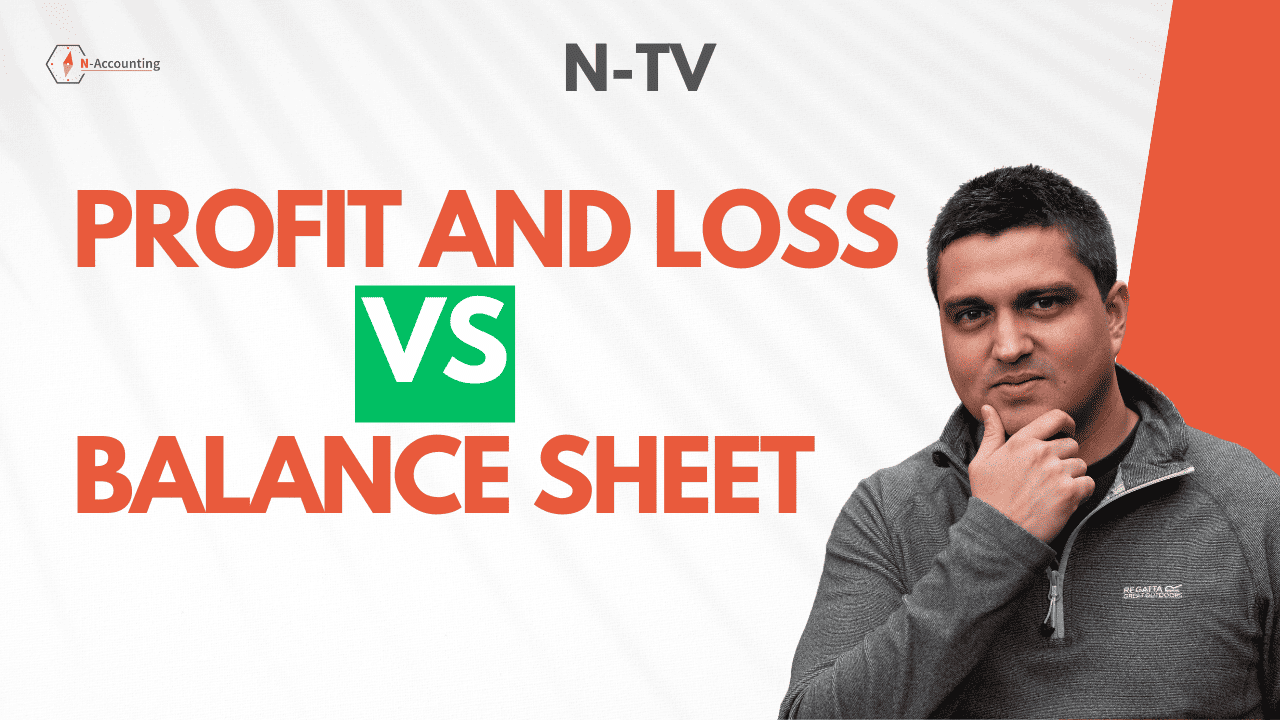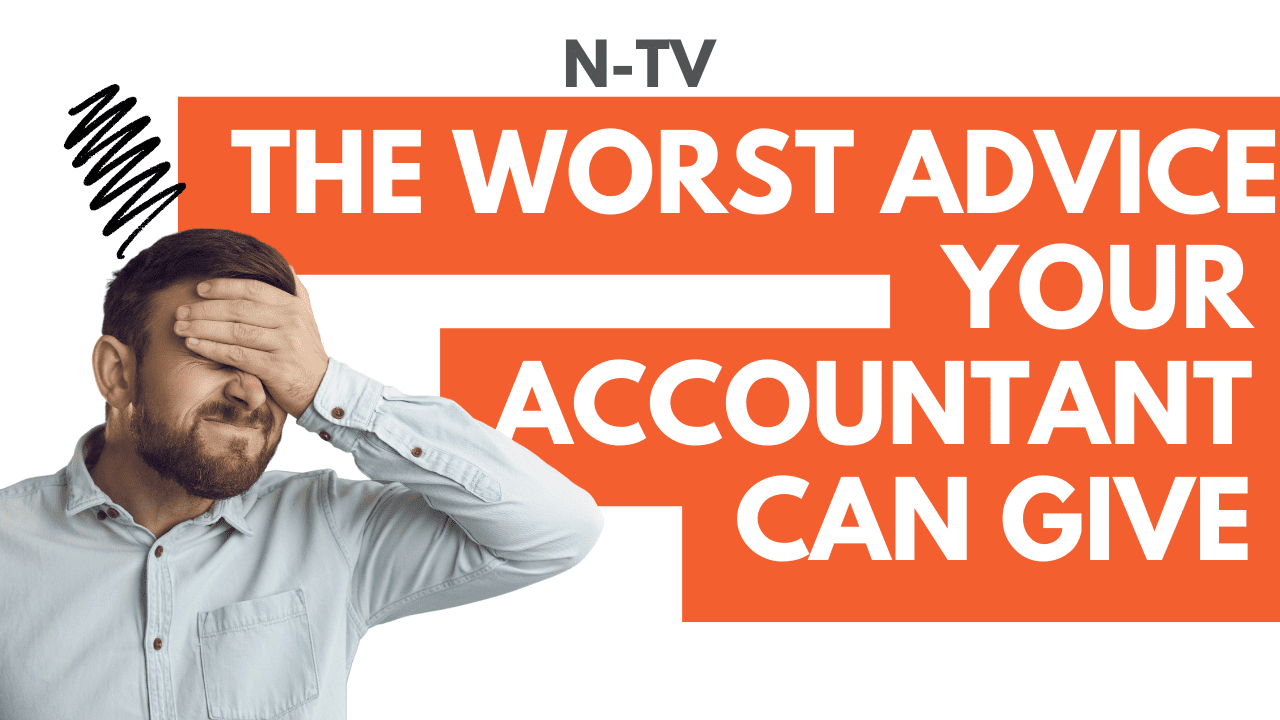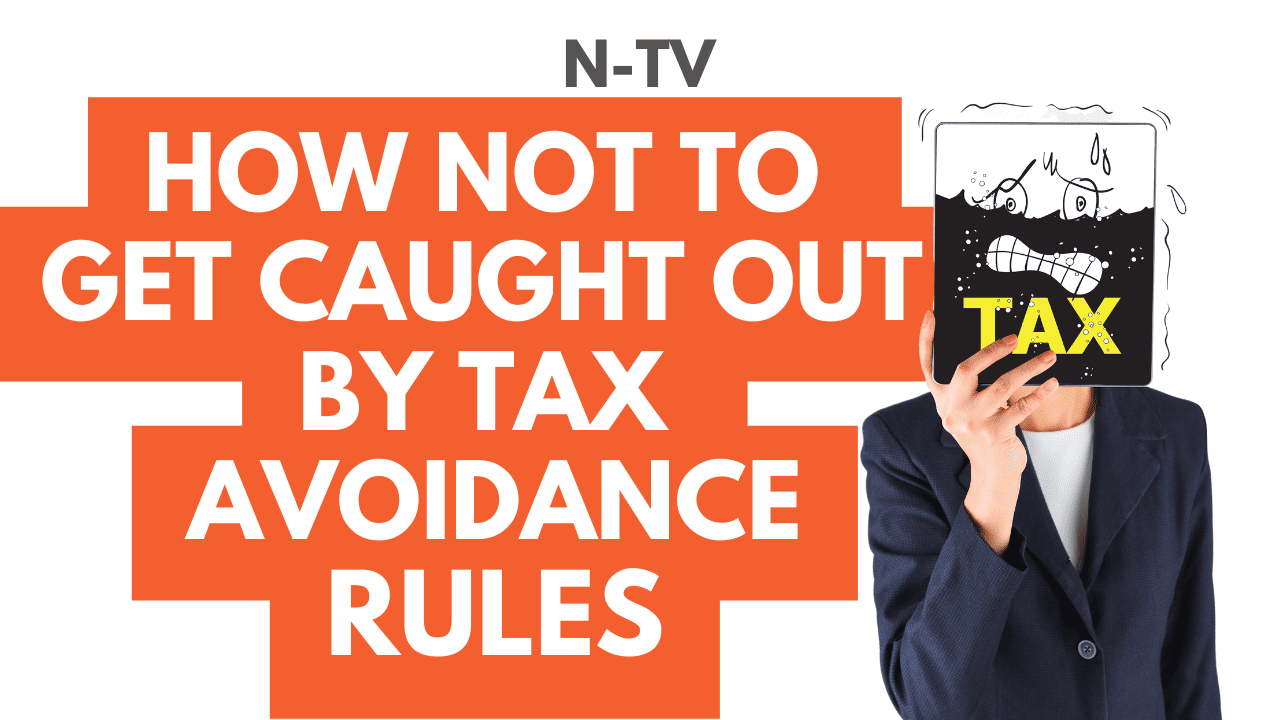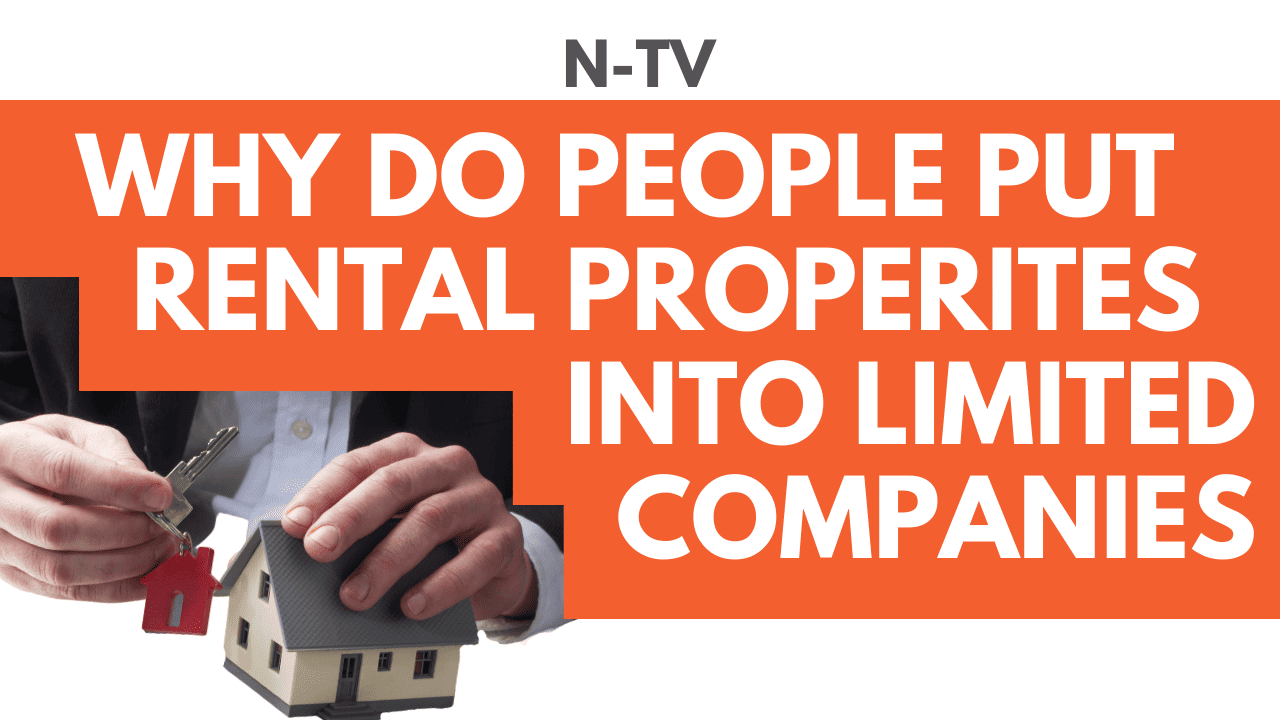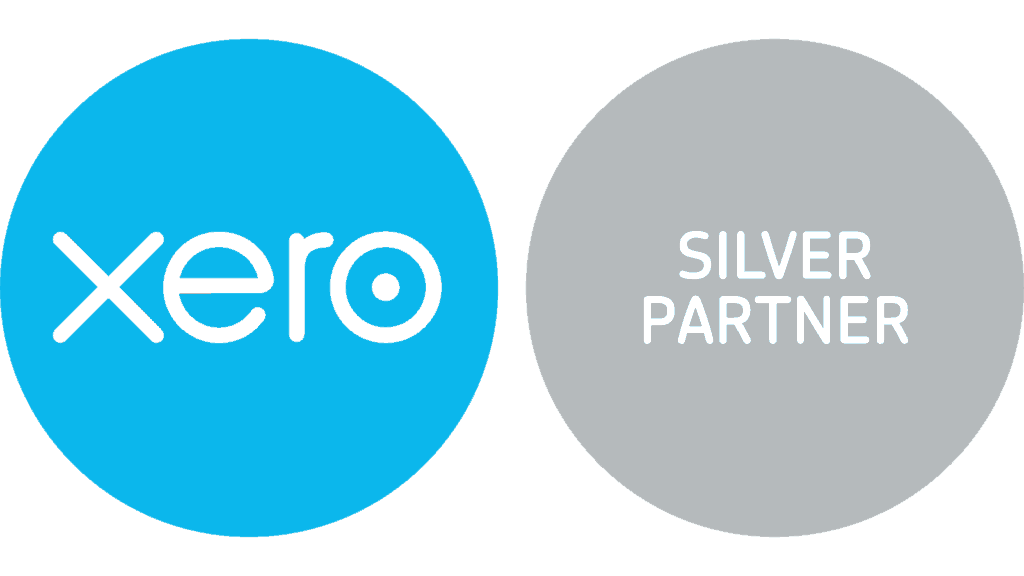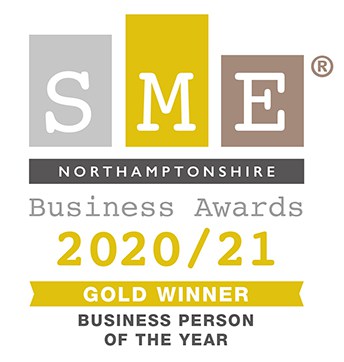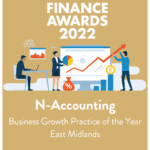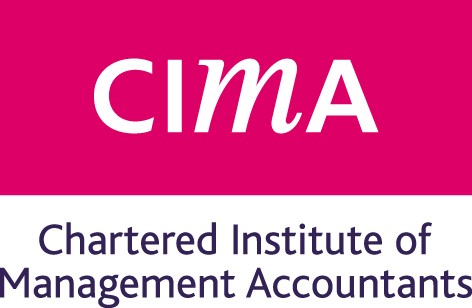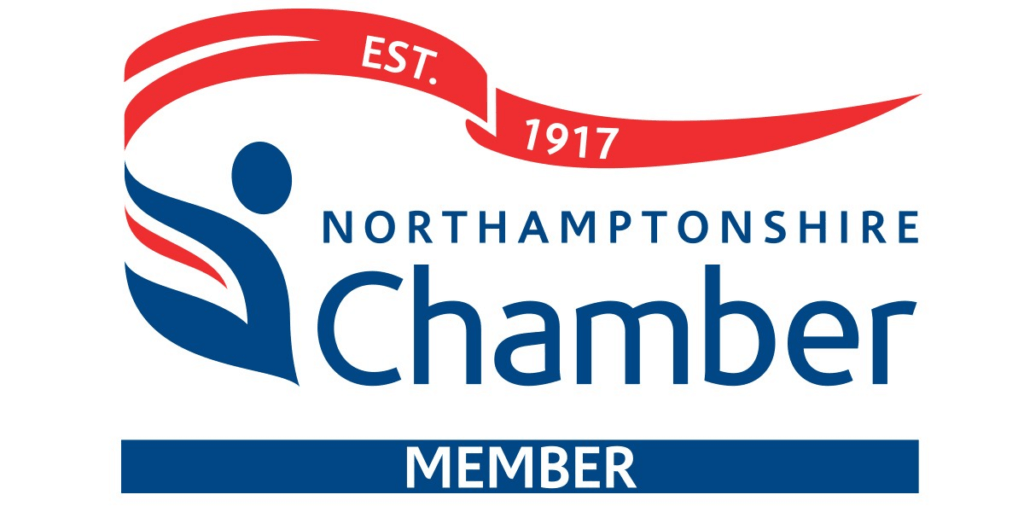Nobody enjoys paying taxes, right? Well, that may be so, but unless you’re happy to see yourself behind bars for many years, you’ve got to accept the fact that it is just part of life (and certainly part of running your own business), so it’s best to just get on with it.
But don’t worry, no one expects you to be an expert in that area, as there are people who have made a living from learning the A-Z on taxes – yes, that’s right, they are called accountants!
That’s why accountants and entrepreneurs always work so well together. We don’t expect those we work with to know everything about our industry, and we don’t claim to have the same cut-throat approach to business as a seasoned entrepreneur. That’s why collaboration is key!
We at Northants Accounting are constantly in touch with our clients, offering them tips on how to save on tax, whilst highlighting other areas where we feel their business can save some additional cash.
Undoubtedly, there is something here for every small business owner to take note of. This will cover the basics you need to know and everything else, your accountancy firm should take care of. Check out our best tips below:
Take money out of your business in a tax efficient way
Drawing out money from your business? It only makes sense to do just that in the most financially viable way. For example, if you are a limited company, the best approach is a varied one. Withdraw money from your business with both a salary and dividends.
Apart from this, if you dig in a little deeper, you’ll surely discover other tax-efficient tactics that will help you make better use of your money. Speak with your small business accountant to find out more.
Are you single-handedly running a business?
If you’re a sole trader or a company that has been making profits below the earnings threshold, then you’ll not be liable to pay class 2 NI Contributions. To clarify, this means that your profits are below £5965. If this is the case, you are exempt from having to pay class 2 National Insurance contributions.
However, if you wish to enrol yourself in a state pension, then it’s advisable that you pay it anyway.
Enjoying being your own boss? Ensure even the taxman knows this.
Who doesn’t love being their own boss? You may love not having a boss breathing down your beck, barking deadlines at you, but there are certain one-man businesses that consider themselves to be self-employed workers, when sometimes the taxman doesn’t see it this way.
If you’re one of them, then it’s better to be on top of your game and ensure that the taxman doesn’t end up charging you double the amount, simply because you haven’t been clear about your current business model. You need to make sure that the taxman is aware of the fact that you are self-employed, especially if you tend to work a lot with one or two customers.
Are you better off as a sole trader? Give it a thought!
There are certain companies that actually benefit from being a sole trader, whereas others might work better as a limited company, partnership or limited liability partner-ship.
Also, if you have reliable, high value employees, it might be worth making them partners. As a result, the both of you will be able to make huge national insurance savings, but this also works well for the business because those who are partners tend to care more.
But before you come to a decision, give it a thought and see what is best for you and your business.
Pay your spouse correctly
If you are paying your spouse through the business funds, you will need to ensure that what you are paying them is realistic – and reflective of the work that they are doing. The great part about this is that if your spouse is paid more than £111 per week, they will meet the requirements set to achieve a basic state pension, but they will also get the additional state pension too.
Timing is key
Is there ever a right time to make a significant purchase, such as a new car or business equipment? Well, actually, yes there is! Tax relief is given a lot faster if you decide to make a purchase close towards your business year-end, where as it can take a lot longer if it’s done just after.
With the help of these tips, you should be off to a flying start with managing the tax basics of running a company. But if you’ve got any burgeoning questions regarding tax and accounting, then certainly get in touch with the Northants Accounting team today to find out more.
